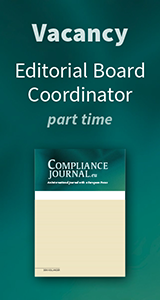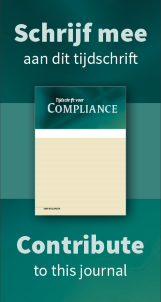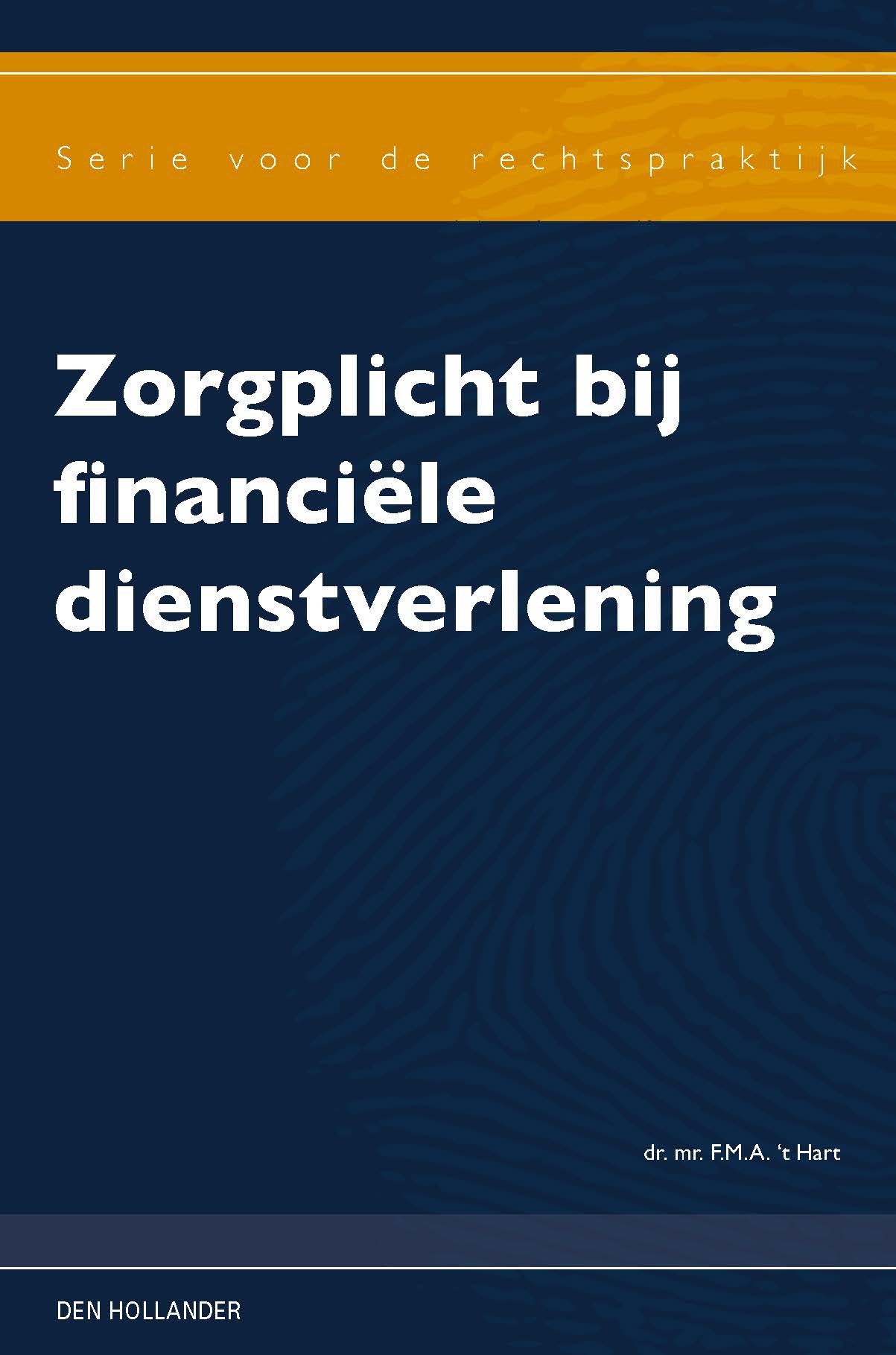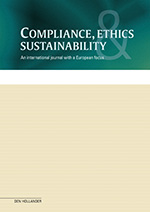New Directions and Challenges in Sustainability Regulation
Het artikel is in de opmaak van het tijdschrift rechts als pdf beschikbaar.This is the third issue of the Compliance, Ethics & Sustainability Journal of 2024 with a focus on the new directions and challenges in sustainability regulation. Many companies are evaluating the impact of upcoming legal initiatives like the EU Corporate Sustainability Due Diligence Directive and EU Corporate Sustainability Reporting Directive and other public enforcement initiatives, as well as considering self-regulation due to intrinsic motivation or pressure from stakeholders and society. This edition aims to provide new insights and perspectives on these matters.
1. Interview with Laure Jacquier by Jeroen Boogaard – 'More sustainability legislation is not the solution'
Jeroen Boogaard interviews Laure Jacquier, Managing Director of ICC Netherlands, about the new ESG Regulations that are set to have a significant impact on Dutch companies. Jacquier sheds light on the potential counterproductive effects that stringent sustainability requirements might bring, while also sharing some initiatives the ICC has put in place to support businesses in this evolving landscape. Jacquier highlights the global standards for sustainable international trade and trade finance that the ICC updated last year and discusses learnings from recent roundtable discussions on sustainability in trade, which provided a forum for sharing insights and strategies.
2. Vinicius Diniz Vizzotto – The new European ESG Regulatory Architecture and its impact in EU and non EU corporations: taming the wild horse for the long path ahead
The Sustainable Finance Action Plan launched by the European Commission in 2018 resulted in the update or enactment of multiple European legal instruments. The authorsets outthe regulatory framework for sustainable finance in the EU and how this, together with the Green Deal Package (2019), affects companies both in Europe and outside the continent. This includes the discussion of directives such as the Non Financial Reporting Directive, the Corporate Sustainability Reporting Directive, the Sustainable Finance Disclosure Regulation, the EU Taxonomy and the Corporate Sustainability Due Diligence Directive.
Diniz Vizzotto provides insights in a legal framework that is extremely complex and rich in terms of interpretational possibilities. This also adds multiple tools to accelerate a change on the way companies manage and report ESG matters on its sector and ecosystem. Using the metaphor of the Trojan Horse, the author depicts the consequences of the new European ESG Regulatory Architecture. The ESG framework can be a business opportunity, but it also introduces risks for corporations, including regulatory burdens and legal risks, from a reputational, liability, monetary and share value perspective.
3. Linda Schut – Effective anti-corruption: the key to sustainable ESG practices
Corruption poses a significant threat to economies, democratic processes, and societal trust. It can also undermine ESG initiatives by distorting competition and nurturing unethical behaviour. The Corporate Sustainability Reporting Directive mandates transparency in ESG practices, including anti-corruption measures. This includes reporting on measures implemented to prevent, detect and respond to allegations of corruption, as well as the number of incidents that occurred. The author discusses the risk that, while ESG reporting aims to promote ethical behaviour, it may also incentivise corruption if not responsibly managed. By proactively managing their compliance programmes, organisations can protect themselves, navigate crises, and effectively manage risks and respond to changes. Based on the author's experience, effective anti-corruption programs exhibit seven key traits: sufficient resources, targeted awareness, adequate detection, and response, punishing and rewarding behaviour, monitoring and continuous improvement, tangible culture and tone at the top, and proper risk assessment and management. These traits also help meet reporting obligations and ensure that these obligations are not merely check-the-box exercises, but integral parts of a comprehensive compliance strategy.
4. Julie Gijsbers & Loes Wilbrink – CSRD en CSDDD: de (mogelijke) gevolgen voor civiel- en strafrechtelijke aansprakelijkheid van bestuurders
The authors discuss the extent to which directors can be held personally liable for breaches of the CSRD and CSDDD. This is assessed from both a civil and criminal law perspective. Although the CSRD and CSDDD do not contain provisions on directors' liability, these directives can still have far-reaching implications for directors. The authors argue, among other things, that a more restrained standard for establishing directors liability is appropriate given the complexity of the guidelines, and that this is necessary to retain ambitious directors. (Article in Dutch)
5. Martijn Scheltema – Waarom duurzaamheid minder 'nice to have' en meer compliance wordt; de rol van juristen
Many recently enacted sustainability regulations, such as the CSRD, the CSDDD, the Regulation on Deforestation-free products (EUDR), the EU Battery Regulation, and pending regulations like the Green Claims Directive or the EU Forced Labour Regulation, introduce due diligence for impacts on people and the environment. Companies are required to prevent, stop or mitigate adverse impacts at company or product level, both in their business operations and supply chains.
In his contribution, Martijn Scheltema discusses the challenges for legal counsellors, attorneys and legal experts in interpreting this new duty of care, given the lack of jurisprudence or legal literature to guide interpretation. The author illustrates potential problems with specific examples. Many companies will be faced with legal uncertainties in implementing and imposing this duty of care into contracts with their suppliers. Finally, the author examines the potential consequences of differing viewpoints and interpretations by national enforcement agencies in various EU members states. (Article in Dutch)
We hope you find this issue insightful and engaging.
Peter Jan Engelen, Karen Fluks & Marlon Straathof




